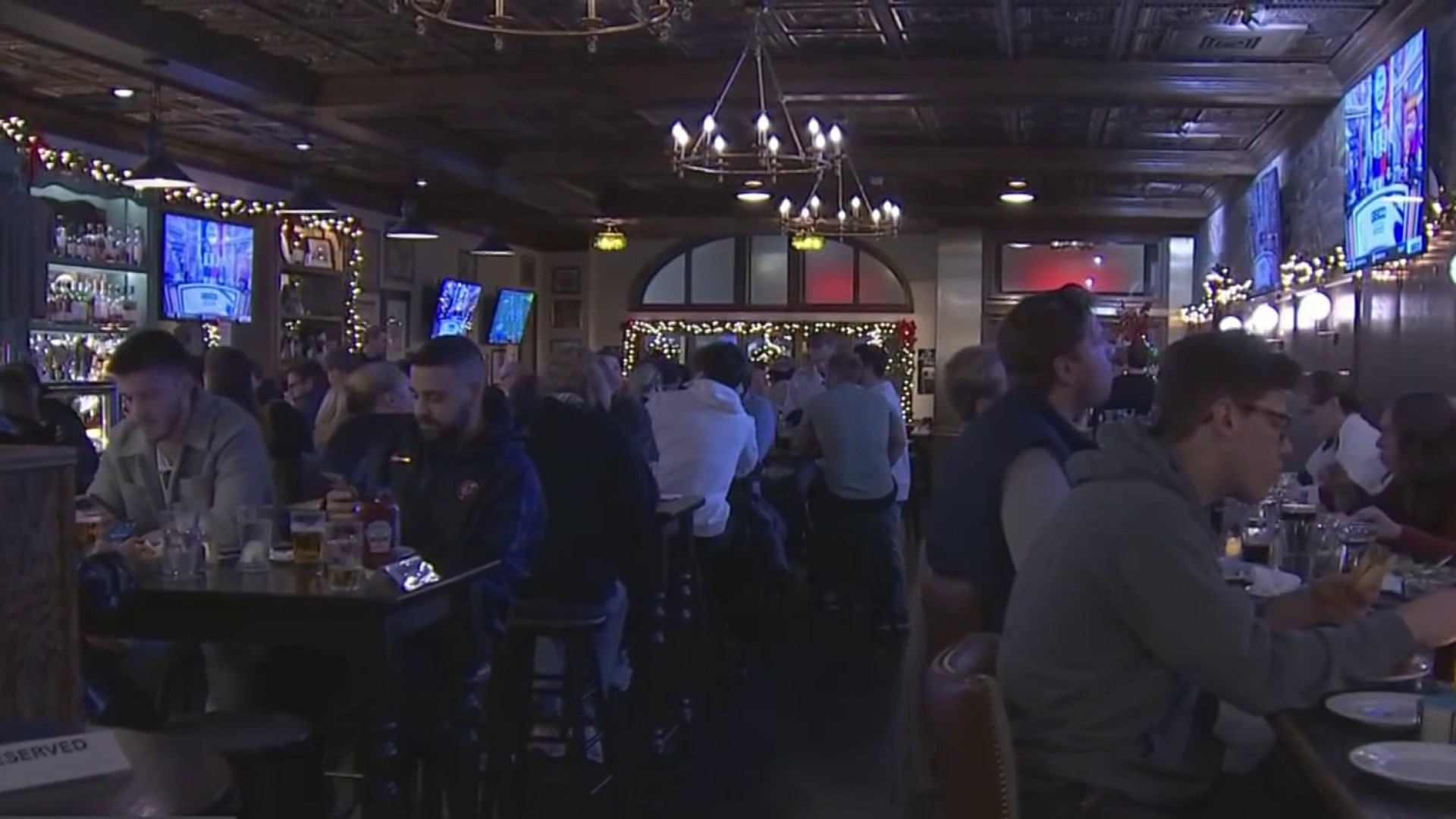Protests over abortion rights have erupted near the Washington, D.C.-area homes of Supreme Court justices, sparking a debate about how police should secure those neighborhoods.
A group of demonstrators waving signs marched on Justice Brett Kavanaugh’s home in Montgomery County, Maryland, on Wednesday night.
About a dozen law enforcement officers, including U.S. Marshals and Montgomery County police, met the protesters. The marchers stayed for about 15 minutes; it’s unclear if anyone was at home, NBC News reported.
Hours earlier, Maryland Gov. Larry Hogan and Virginia Gov. Glenn Youngkin, both Republicans, sent a joint letter urging the Department of Justice to increase security for the justices and their families.
We've got the news you need to know to start your day. Sign up for the First & 4Most morning newsletter — delivered to your inbox daily. Sign up here.
“Federal law prohibits picketing the home of a judge with the aim to influence the judge’s decision making process,” the letter read.
The governors say they want federal authorities to take the lead on protecting the justices, although state law enforcement agencies have made security plans.
Justice Department spokesman Anthony Coley said in a statement Wednesday that Garland continues to be briefed on security matters related to the Supreme Court and justices. He noted that Garland had directed the U.S. Marshals Service to help support the Marshal of the Supreme Court and Supreme Court Police.
Local
Washington, D.C., Maryland and Virginia local news, events and information
Fairfax County, Youngkin Spar Over Security
Youngkin also asked Fairfax County to install security perimeters outside the homes of justices who live in Virginia. Three Supreme Court justices — Samuel Alito, Amy Coney Barrett and Clarence Thomas — live in the county.
He made the request Wednesday in a letter to the county board of supervisors. “I fundamentally believe such demonstrations and picketing should not be allowed at the Justice's (sic) homes as they are meant to intimidate and influence the Justices,” he wrote.
Fairfax County Board of Supervisors Chairman Jeff McKay said Youngkin's request for a security perimeter is unnecessary and improper. He said establishing a perimeter would amount to creating an unconstitutional neighborhood “checkpoint” that would infringe on First Amendment protest rights. He also noted that protests that have occurred outside Alito's home in the Fort Hunt neighborhood have been peaceful.
“We will enforce laws that serve to protect persons and property,” McKay wrote. “Our officers are equally committed to protecting the First Amendment guarantees afforded to those who gather to exercise their freedom of speech.”
Fairfax County Police, for their part, said through a spokeswoman that they’re providing extra staffing in response to reports of planned protests “to maintain the safety and security of the public, while ensuring First Amendment rights are protected.”
Protesters have taken to the streets since a leaked draft opinion indicated that some Supreme Court justices are prepared to overturn Roe v. Wade, the landmark decision affirming the right to an abortion.
About 150 activists marched Monday night outside Justice Samuel Alito’s house in Virginia.
News4 sends breaking news stories by email. Go here to sign up to get breaking news alerts in your inbox.



